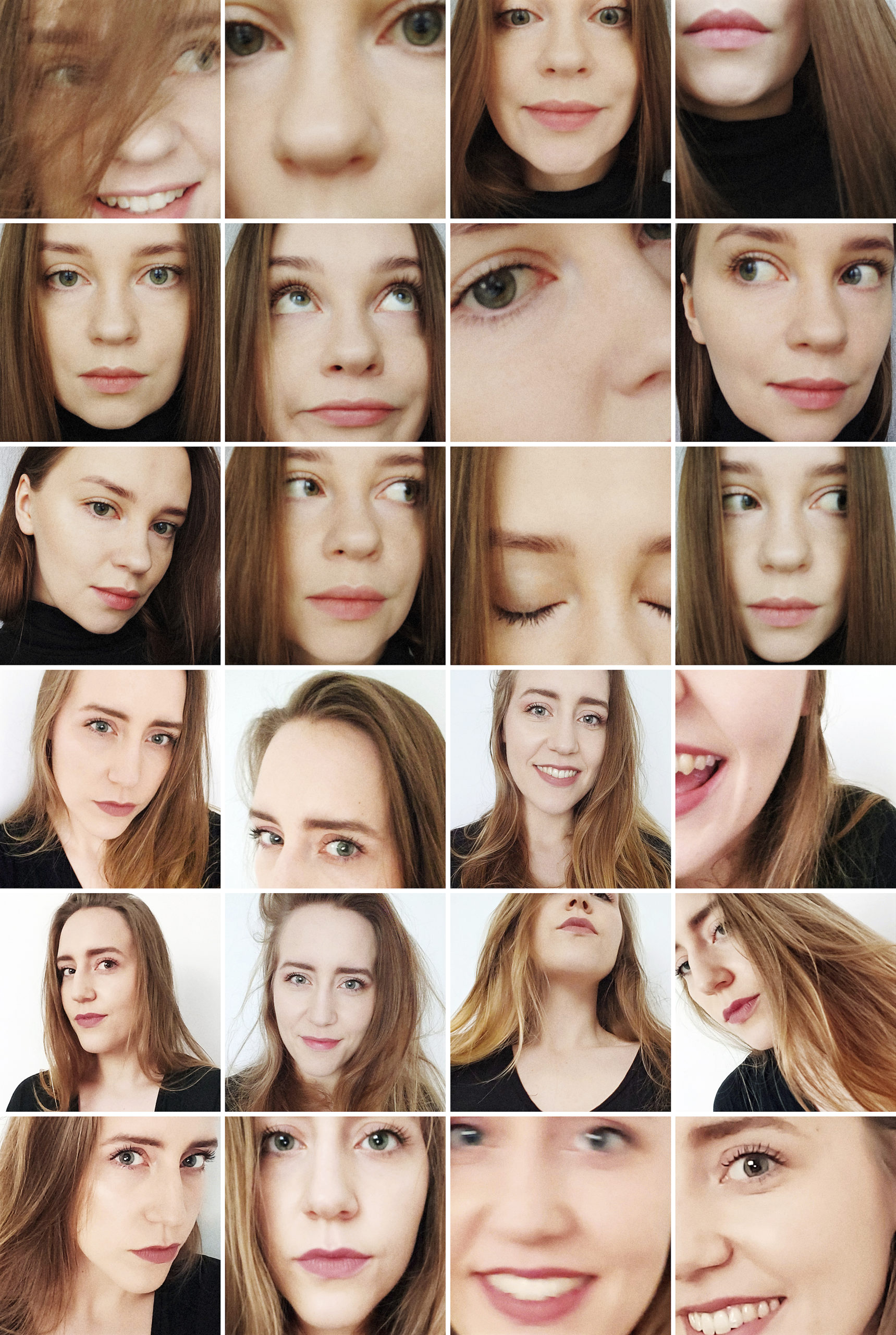

degree piece done alongside with Anna Patronowicz
minor degree
The degree piece concerns Family Allotment Gardens (ROD), their functioning and future in city centres. We chose Lublin, which is particularly close to us, because we value local design. Gardens without borders is a conceptual project that assumes new ways of using Family Allotment Gardens’s terrain. The gradual transformation of land occurs with respect for the history of the place and concern for the natural environment. The primary message of changes was the openness of the new space to people, regardless of age or degree of disability.
This series of paintings was created after the visual in spection of the premises of the ‘Podzamcze’ Family Allotment Garden (ROD) in Lublin. The composition is a material record of feelings and my own reflections and observations. I wanted to render the atmosphere of the place through the selection of colours, the diversity of patches and colouristic accents.

Born 1996. Studies: Faculty of Interior Design of the Academy of Fine Arts in Warsaw (2015–2020) and Faculty of Architecture of the Warsaw University of Technology (since 2017). She works in architecture, architecture design and public space design.
supervisor: Prof. Jerzy Bogusławski
Very rarely do I come across projects that are not finite by definition, because they allow for their variability in the lapse of time. It is not the design of a project that needs a certain time to come into being, but an action that allows for the fourth dimension in the space being organised. The aim is to change the way in which the areas of the Family Allotment Gardens in Lublin are managed, by organising their space through transforming land ownership. It is very rare to think about the legal status of individual plots changing over time as an element shaping the city’s development. This action allowed the designers to propose a new function for this area: the Royal Pond, which reminds us of the rivers and pond that existed there in the past. This memory of the old city is not a step back, but a step towards the future giving hope and suggesting that we do not have to destroy in order to create. The whole idea of the design focuses on granting the space under development to inhabitants of Lublin, including both the space built up with summer houses that can easily be transformed into exhibition or workshop spaces and new recreational areas.
The second unique feature of this diploma is that it was elaborated by two degree candidates: Anna Patronowicz and Alicja Skowrońska. Group work is surely a natural way of preparing an architectural concept, but the preparation of a cohesive project concept requires huge design maturity. The authors fulfilled perfectly the difficult criteria they had imposed upon themselves, and the presented degree piece will certainly be an important element of the discussion on shaping space.
supervisor: Prof. Andrzej Zwierzchowski
SPACE AND HUMOUR
Space is a phenomenon and issue that creates all artistic actions at our faculty in an obvious and natural way. This naturalness of approach to the existing space in its diverse aspects and measures is the basis of the successful relation of the human being towards nature. The presented minor degree to the degree piece prepared by Ms Alicja Skowrońska is a great illustration of this relation. Looking at these paintings, we are tempted to say: ‘Freedom, moderation, intelligence, natural charm and unpretentiousness.’ They (the paintings) contain primarily the SPACE that we breathe, that we feel and that we naturally enter with willingness and trust. But, in addition, each painting is different and surprises us by revealing different accents – their rhythm, their play. In the content of painting, the term ‘intelligent eye’ as a certain inherent trait is sometimes used – it stands for the skill of finding and presenting certain forms and phenomena in nature while finding an element of fun and humour in their relations. Thus, nature turns out once again to be a valid inspiration to create any kind of space.